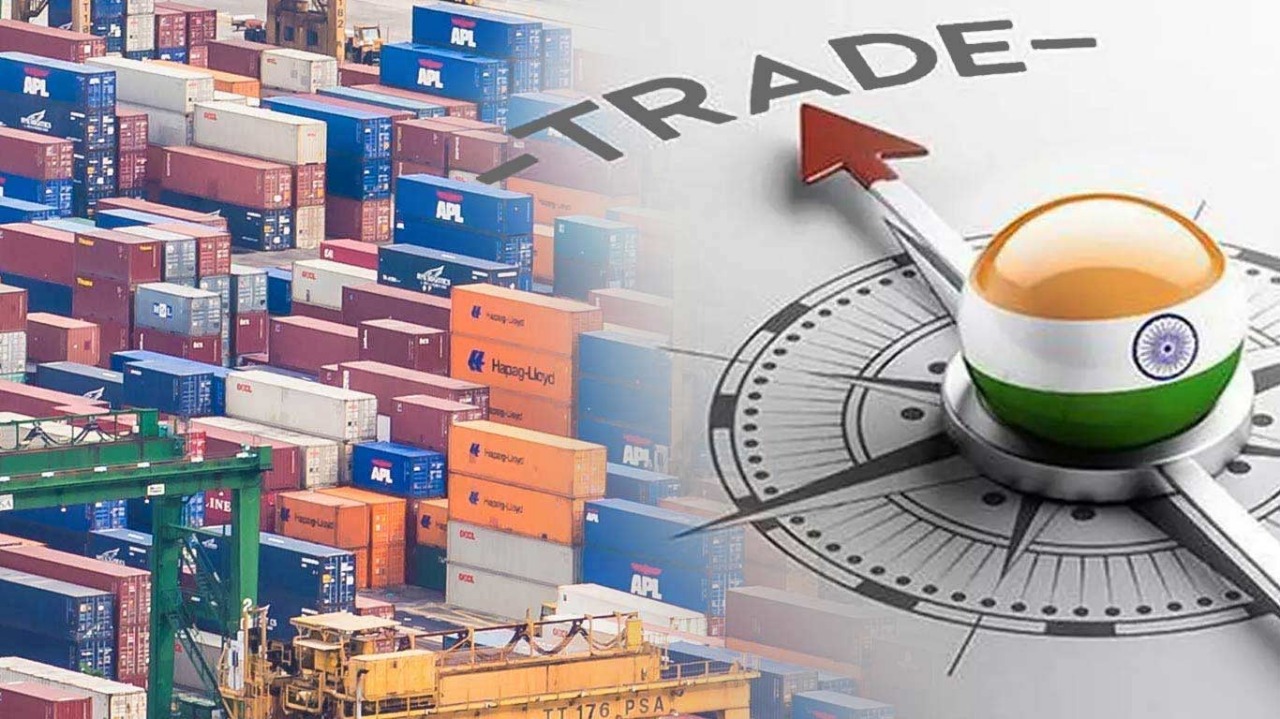Bharat Forge Ltd, one of India’s leading auto component and industrial forging companies, has flagged a cautious outlook for its US export business for the remainder of FY26. The company is grappling with challenging market conditions triggered by steep tariff hikes and evolving regulatory frameworks, which have cast a shadow over its international operations.
Here’s a detailed breakdown of the situation and its broader implications:
Export Headwinds and Market Challenges
Bharat Forge’s management has acknowledged that the current fiscal year presents a difficult operating environment, particularly for its US-facing business segments.
1. The US government recently imposed a 25 percent tariff on Indian auto component exports, significantly raising cost barriers for suppliers like Bharat Forge
2. Regulatory uncertainties around environmental standards and trade compliance have added complexity to cross-border operations
3. The company derives nearly 40 percent of its standalone revenue from the US market, making it highly sensitive to policy shifts and demand fluctuations
Key Highlights From the Management Commentary
- Tariff impact: The newly imposed duties are expected to affect shipments of forged components, especially those used in commercial vehicles and industrial machinery
- Regulatory flux: Uncertainty around EPA’27 engine standards and other compliance norms has led to delays in fleet purchases and order finalizations
- Demand slowdown: The US Class 8 truck market, a key revenue driver for Bharat Forge, is witnessing a downturn, with forecasts revised downward by global brokerages
Recent Financial Performance and Market Reaction
Bharat Forge’s Q1 FY26 results reflect the early signs of pressure from global headwinds.
- Standalone revenue declined 10 percent year-on-year to Rs 2,105 crore, slightly below analyst expectations
- EBITDA fell 12.4 percent to Rs 571 crore, with margins narrowing to 27.1 percent from 27.9 percent last year
- The company’s stock dropped 1.8 percent post-results, extending a 11 percent decline over the past month
Strategic Adjustments and Mitigation Measures
In response to the export challenges, Bharat Forge is recalibrating its strategy to safeguard margins and sustain growth.
1. Domestic pivot: The company is increasing its focus on India’s defence and infrastructure sectors, where demand remains robust
2. Production realignment: Manufacturing operations in the US are being expanded to reduce dependency on cross-border shipments
3. Cost control: Procurement and logistics processes are being optimized to absorb tariff-related cost escalations
Implications for Stakeholders
The cautious stance on US exports carries several implications for Bharat Forge’s stakeholders:
- Investors: Export volatility may weigh on earnings visibility, prompting a reassessment of valuation multiples
- Customers: Longer lead times and price adjustments could affect supply chain planning for OEMs and Tier-1 clients
- Employees: Operational shifts may lead to reallocation of resources and skill development in domestic-focused divisions
Industry Context and Competitive Landscape
The global auto component industry is undergoing a period of flux, with trade tensions and regulatory shifts reshaping supply chains.
- Indian exporters face stiff competition from countries with lower tariff exposure, such as Brazil and Vietnam
- Bharat Forge’s engineering depth and diversified portfolio offer resilience, but margin pressures remain a concern
- The company’s defence order book, valued at over Rs 10,000 crore, provides a buffer against export-driven volatility
Outlook and Strategic Priorities
Looking ahead, Bharat Forge is expected to focus on:
1. Accelerating domestic growth through defence contracts and infrastructure-linked components
2. Strengthening its European footprint while reviewing underperforming subsidiaries
3. Enhancing R&D to develop next-generation products aligned with global regulatory trends
Conclusion
Bharat Forge Ltd’s cautious outlook on its US export business reflects the complex interplay of tariffs, regulatory uncertainty, and market slowdown. While the company remains fundamentally strong, its near-term performance will depend on how effectively it navigates global disruptions and reorients its strategy toward domestic and diversified growth avenues.
Sources: CNBC-TV18, Business Standard, Fortune India, NDTV Profit, India Infoline
